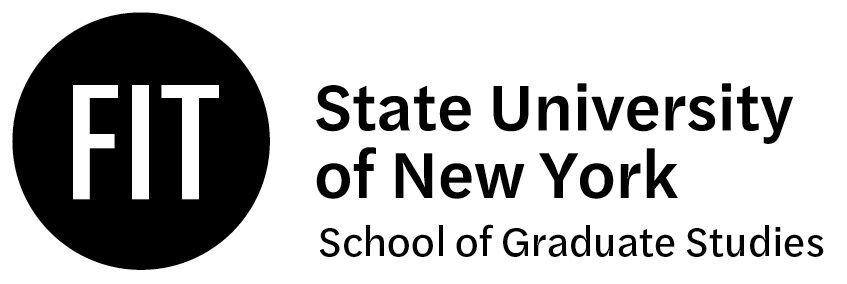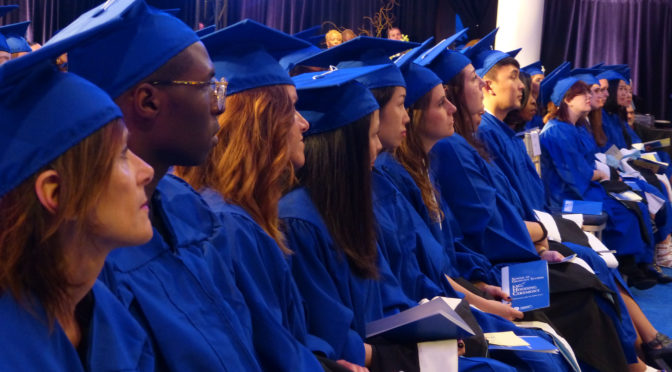By Katharine Dorny
Program Coordinator, Global Fashion Management
One of the most frequent questions applicants ask about the Global Fashion Management program is what graduates do with their new skills after completing the program. The answer is as varied as graduates’ individual circumstances and career goals. They can continue at their current jobs and earn promotions within their companies, change their focus by taking on an advanced role with another organization, or begin entrepreneurial ventures based on the capstone projects they’ve completed in the program.
But in recent years a new path has emerged: using GFM degrees as a springboard to PhD programs and opportunities to teach in higher education. Take Nimet Degirmencioglu, who, after graduating GFM 2010 and co-founding a fair-trade fashion label based on Indian textiles with a GFM classmate, was encouraged to pursue a doctorate at North Carolina State by GFM professor Praveen Chaudhry. She’s now a researcher and teacher, focused on fair trade, social entrepreneurship, and digital marketing–disciplines she was originally introduced to at GFM.
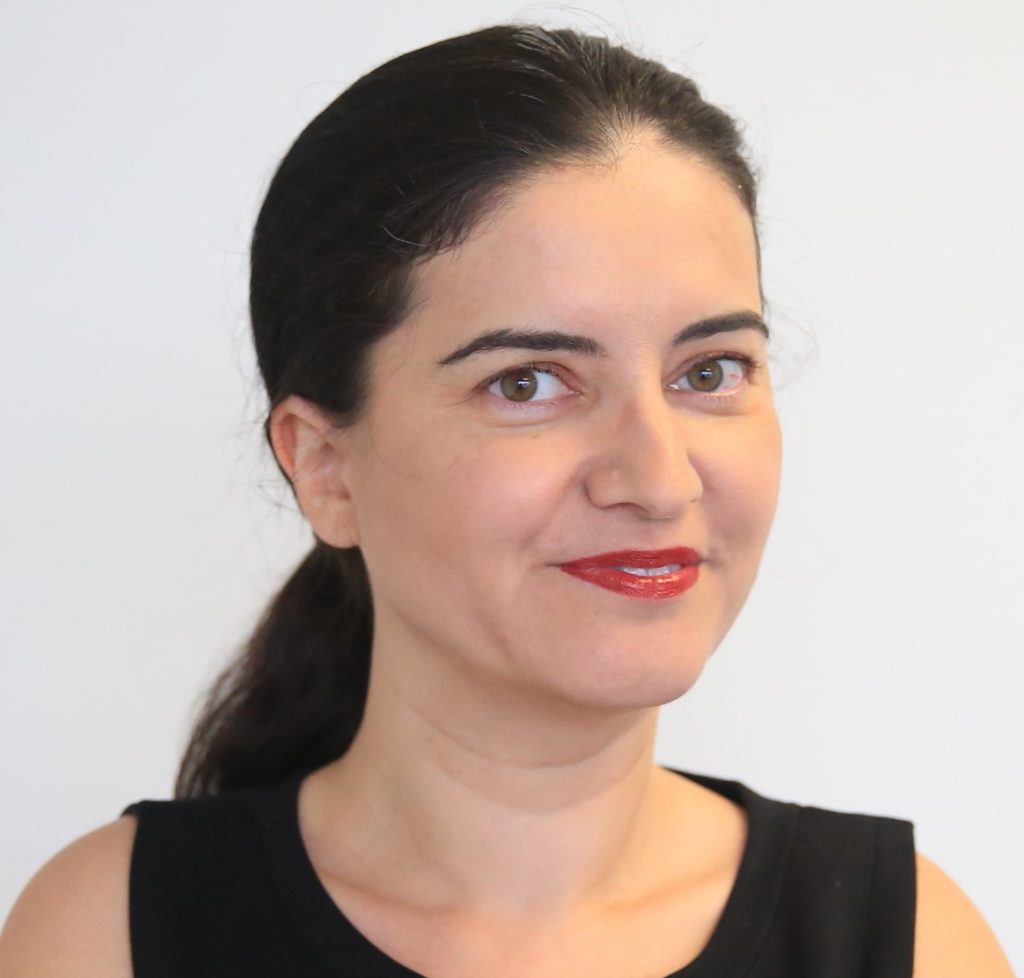
Or consider Dave Loranger (GFM 2011), a luxury retailer for two decades prior to GFM, who earned his PhD at Iowa State, where he based his dissertation research on Scottish kiltmakers’ craft. Dave is now an assistant professor at the Sacred Heart’s Jack Welch College of Business & Technology, where he teaches marketing and fashion business–fields he knows well through both his earlier professional experience and his academic pursuits at GFM and Iowa State.
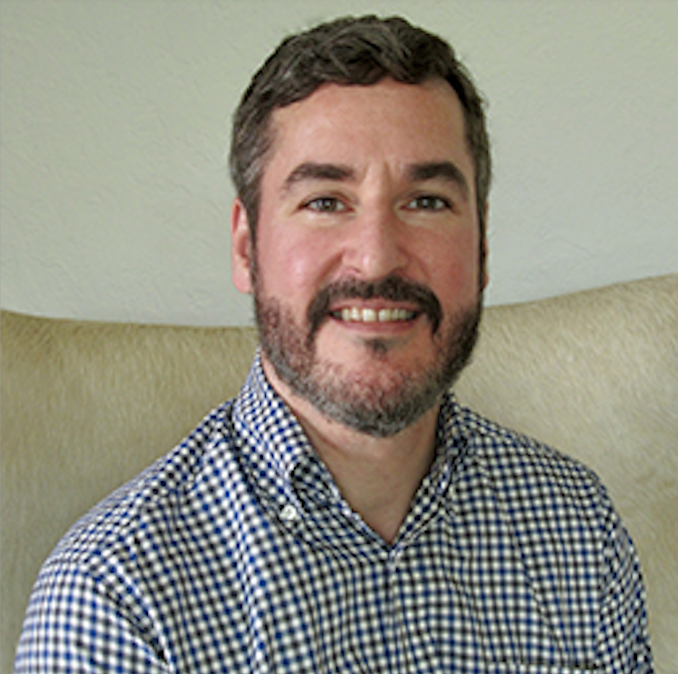

Dave Loranger’s GFM 2011 classmate Caryn Pang also wound up at Iowa State in the Apparel, Merchandising, and Design doctoral program. Now finishing her dissertation, Caryn has taught at FIT and other institutions, while also taking on consulting projects. In her dissertation, she looks at the challenges of American mall culture and future applications of the “live, shop, play” concept–combining retail with residences and entertainment venues–to create a prospective new economic paradigm, replacing a staid business model.
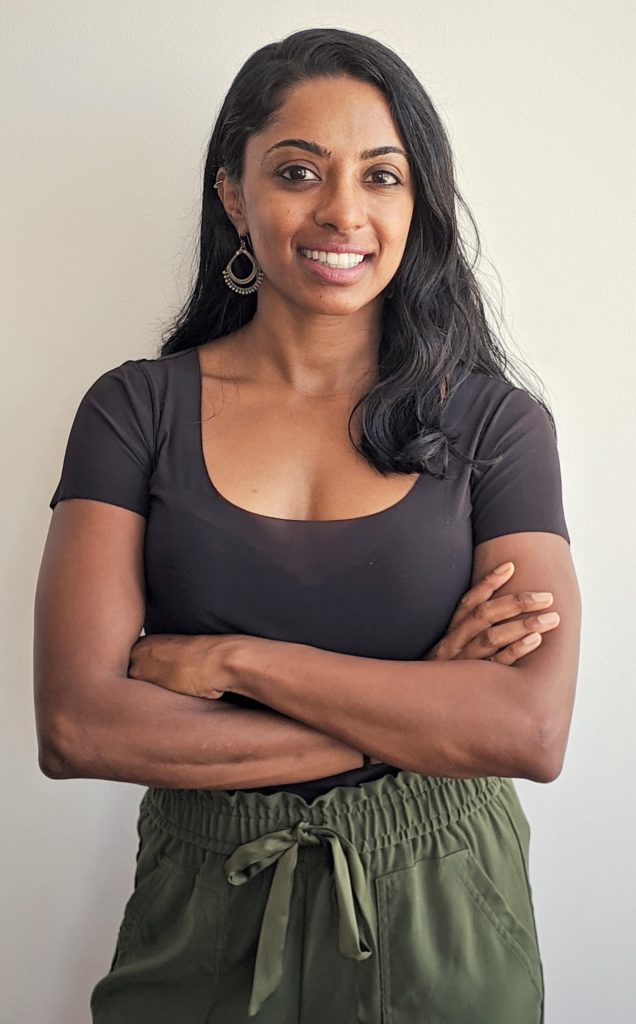
Yet another GFM 2011 class member, Shanti Amalanathan, followed what has become a well-established path to doctoral studies at Iowa State, where she is interested in undertaking a dissertation focused on culture and social justice. And a more recent GFM graduate, Colleen Salonga, class of 2020, who earned her undergraduate degree at the U.S. Naval Academy and came to GFM after working in supply chain for the Navy, also made her way to Iowa State, where she is considering examining the circular economy from a supply-chain perspective for her dissertation.
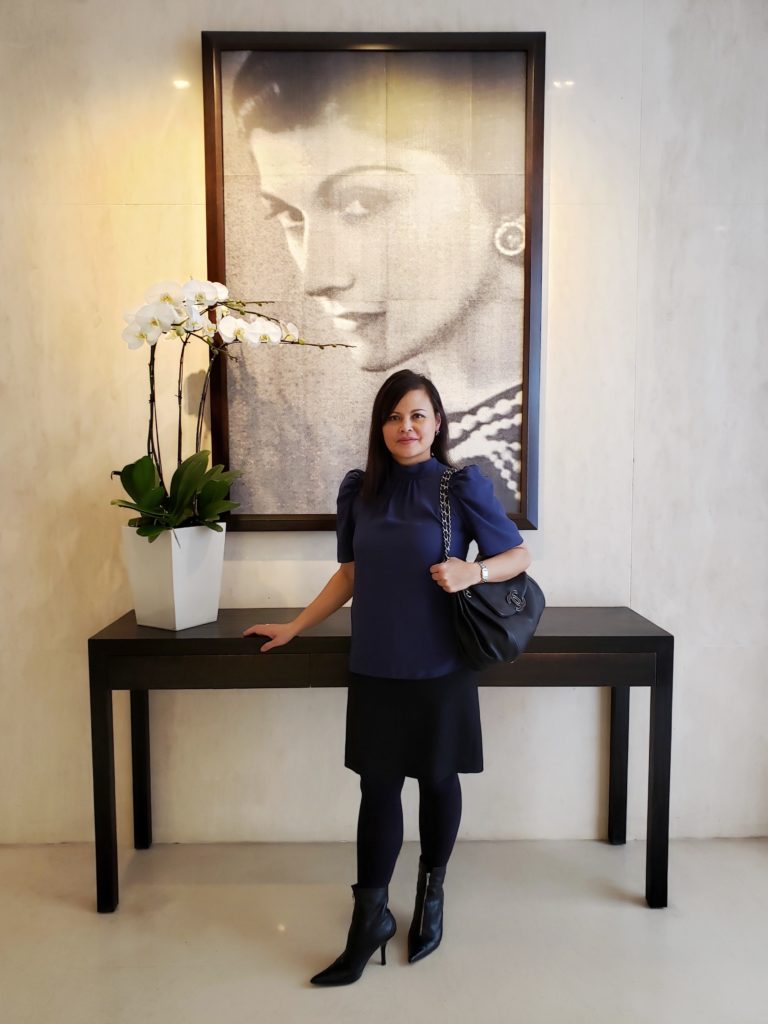
GFM salutes the success of all its graduates, from those who continue with their original companies or assume managerial roles with other organizations, to those who initiate entrepreneurial ventures–many of which represent market-based applications of the research students began in their GFM capstones. Now that grads like Nimet, Dave, Caryn, Shanti, and Colleen have undertaken a GFM-to-doctoral studies academic trajectory, yet more rewarding venues have become available for students to display the benefits of the hands-on learning they gained through GFM.
The PhD programs pursued by growing numbers of grads qualify as a new evolutionary phase for a GFM program that has long provided an innovative, industry-driven education for its students. These doctoral-level educational opportunities not only engender new career horizons for GFM grads, their research-intensive nature ultimately involves creating, developing, and executing novel ideas and strategies for the business of fashion–innovations that characterize the progressive essence of the GFM program, and that serve as the crux of an industry whose practices increasingly represent pace-setting advances within the global economy.
